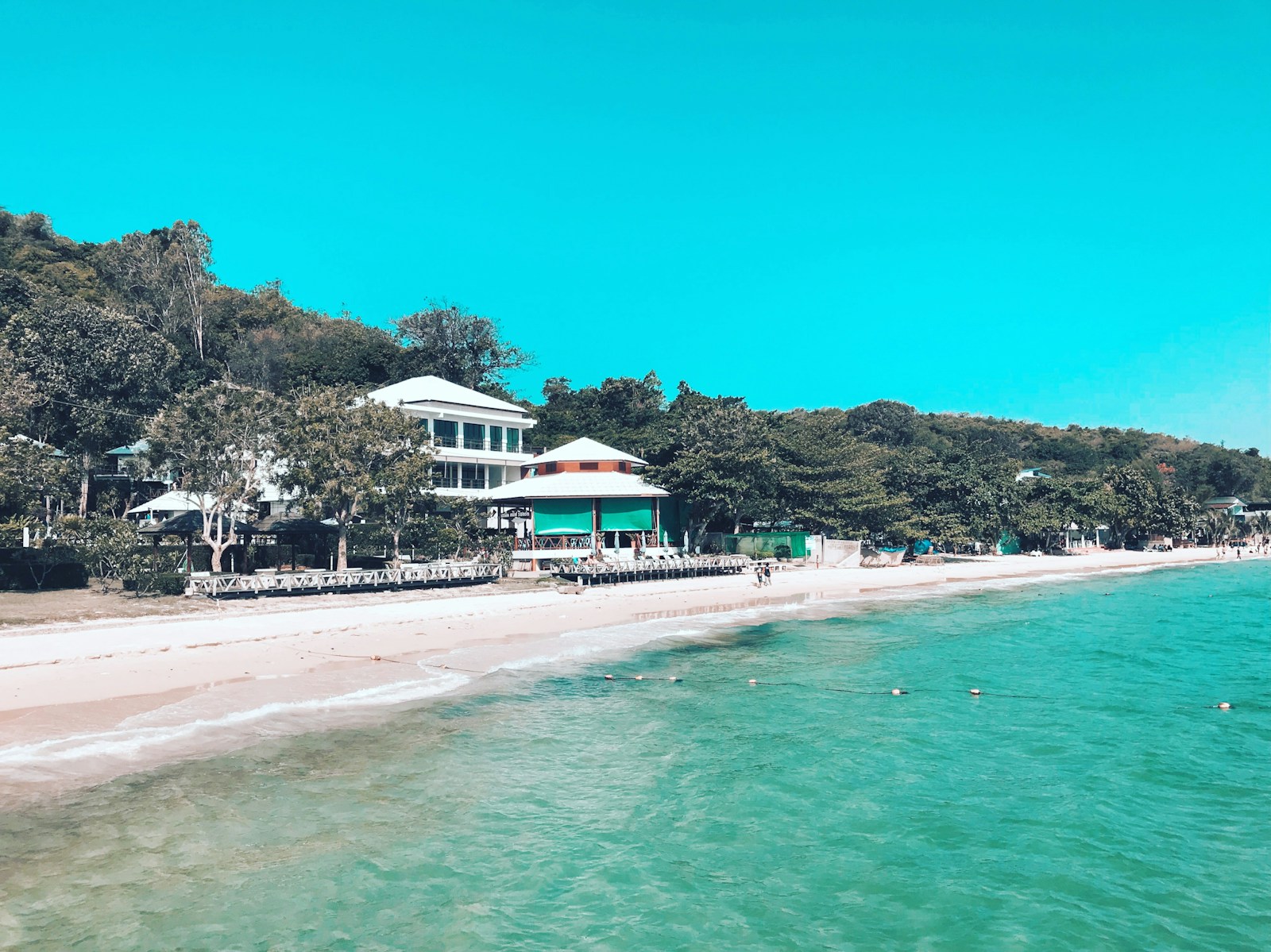Are you planning a trip to Toronto and wondering about its safety? You’re not alone. As one of Canada’s largest cities, it’s natural to question the safety of Toronto.
Toronto, like any major city, has its share of crime. However, it’s generally considered safe for tourists. It consistently ranks as one of the safest cities in North America.
But, don’t just take our word for it. Let’s delve deeper into what makes Toronto a safe city to visit, and what you should be aware of to ensure your trip is as secure and enjoyable as possible.
Is Toronto Safe for Travelers?
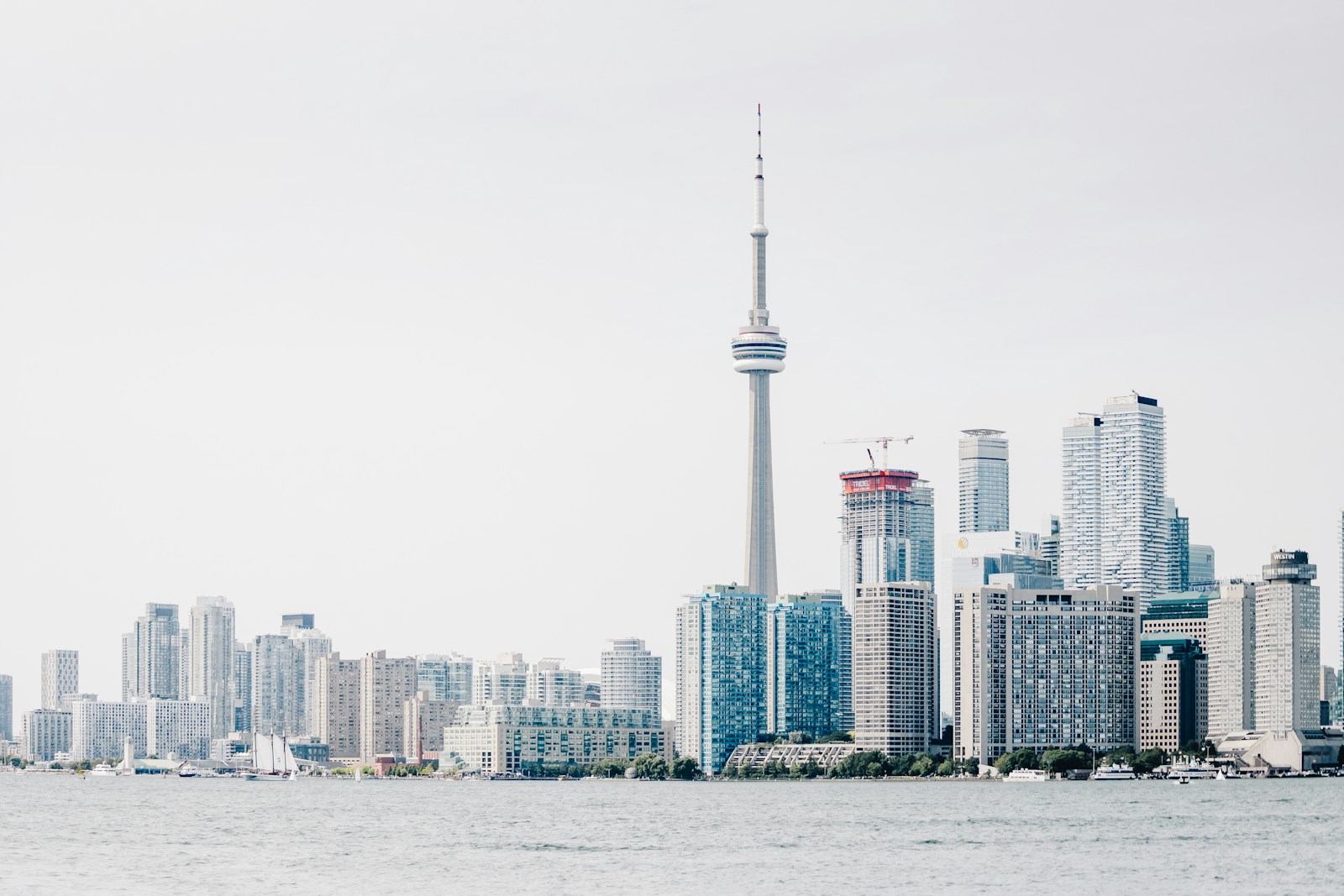
Toronto, a buzzing metropolis steeped with culture, welcomes thousands of tourists every year. But the pressing question remains, Is Toronto Safe for Travelers?
Crime Rates and Statistics in Toronto
At first glance, the crime rates can be daunting. Any large city will, of course, have its fair share of crime. However, it’s crucial to take a closer look at the type of crimes reported and where they take place. For instance, incidents like car thefts and break-ins may be more prevalent in certain neighborhoods but are less likely in tourist hot spots.
The city’s 2020 statistics show Toronto as being one of the safest cities in North America. It’s also worth noting that violent crime in Toronto, particularly against tourists, is quite rare.
Here’s a snapshot of the city’s data:
| Year | Total Reported Crimes | Violent Crimes |
|---|---|---|
| 2020 | 106,131 | 32,214 |
| 2019 | 118,465 | 34,172 |
| 2018 | 128,130 | 35,948 |
While the numbers have decreased over the years, it’s still crucial to take precautions when traveling.
Local Laws and Regulations to Consider
It’s always wise for tourists to familiarize themselves with local laws and regulations. Comprehending the local customs and regulations can significantly decrease your chance of encountering problems during your trip.
For example, Toronto has stringent laws on drinking and driving, with severe penalties for offenders. And unlike some countries, it’s illegal to consume alcohol in public places unless it’s a designated area.
In terms of health-related regulations, Canada takes a rigorous approach towards maintaining public health standards. As a traveler, it’s essential to adhere to guidelines—whether this is regular hand sanitizing or keeping masks on in specified locations.
Finally, remember that while Toronto is known for its safety, common sense is your best tool. You’ll find that with a bit of planning and caution – just like you’d have in any other city – you’ll be able to fully enjoy what this vibrant city has to offer.
Is Toronto Safe for Families?
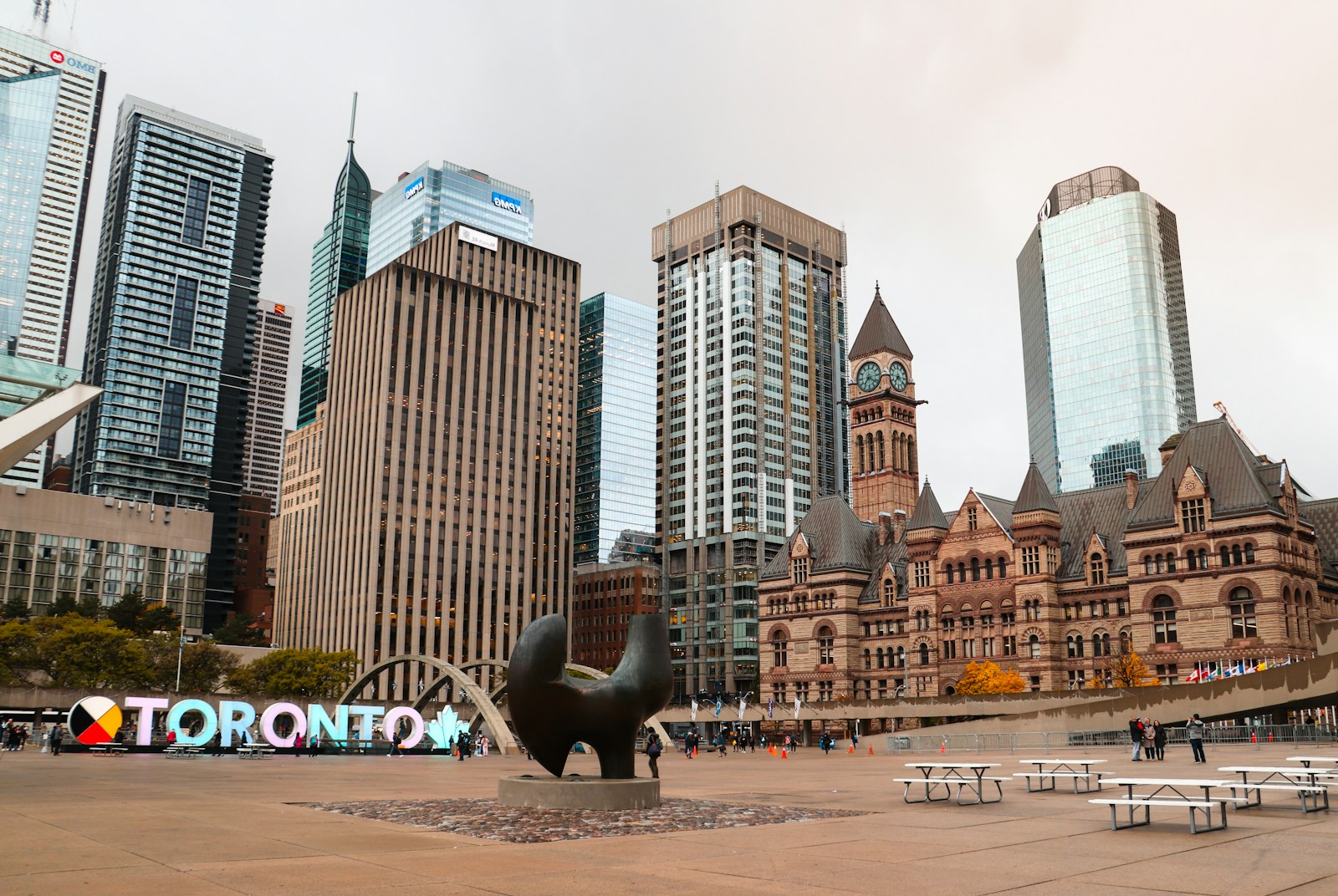
As a traveler with a family, it’s essential to thoroughly understand the safety aspect of the city you’re planning to visit. Is Toronto safe for families? The quick answer is, yes, it often tops the rankings for being one of the safest cities in North America.
Designed to be convenient and easily navigable even for those with small children or elderly family members, Toronto offers a family-friendly environment. Whether you’re wandering around downtown, visiting the stunning Royal Ontario Museum, or caught up in the amazement at Ripley’s Aquarium of Canada, you’ll find that the city offers a sense of safety and hospitality.
However, similar to any other big city, Toronto is not immune to crime. While instances of violent crime are relatively low, common concerns often fall under petty thefts and break-ins. So, how safe is Toronto for families really? Let’s dive into some statistics to give you a clearer picture.
According to the Toronto Police Service 2020 Annual Statistical Report, the total number of crimes per 100,000 population for that year breaks down as follows:
| Crime Type | Number of Crimes per 100,000 Population |
|---|---|
| Murder | 1.61 |
| Sexual Assault | 44.42 |
| Assault | 521.55 |
| Robbery | 55.61 |
| Breaking | 233.11 |
These numbers put Toronto on the low end for crime rates among major North American cities, particularly when considered in the context of its size.
Remember, while exploring the magnificent corners of Toronto with your family, you need to stay alert and adhere to the local laws. Be sure to secure your belongings, avoid deserted areas after dark, and generally make sensible decisions about your safety. Familiarize yourself with local emergency contact numbers as a precaution.
With the same level of precaution you’d exercise in any other major city around the world, a trip to Toronto can be a fun, exhilarating, and above all, safe experience for the whole family. Enjoy what this beautiful, diverse city has to offer.
Safety Landscape in Toronto
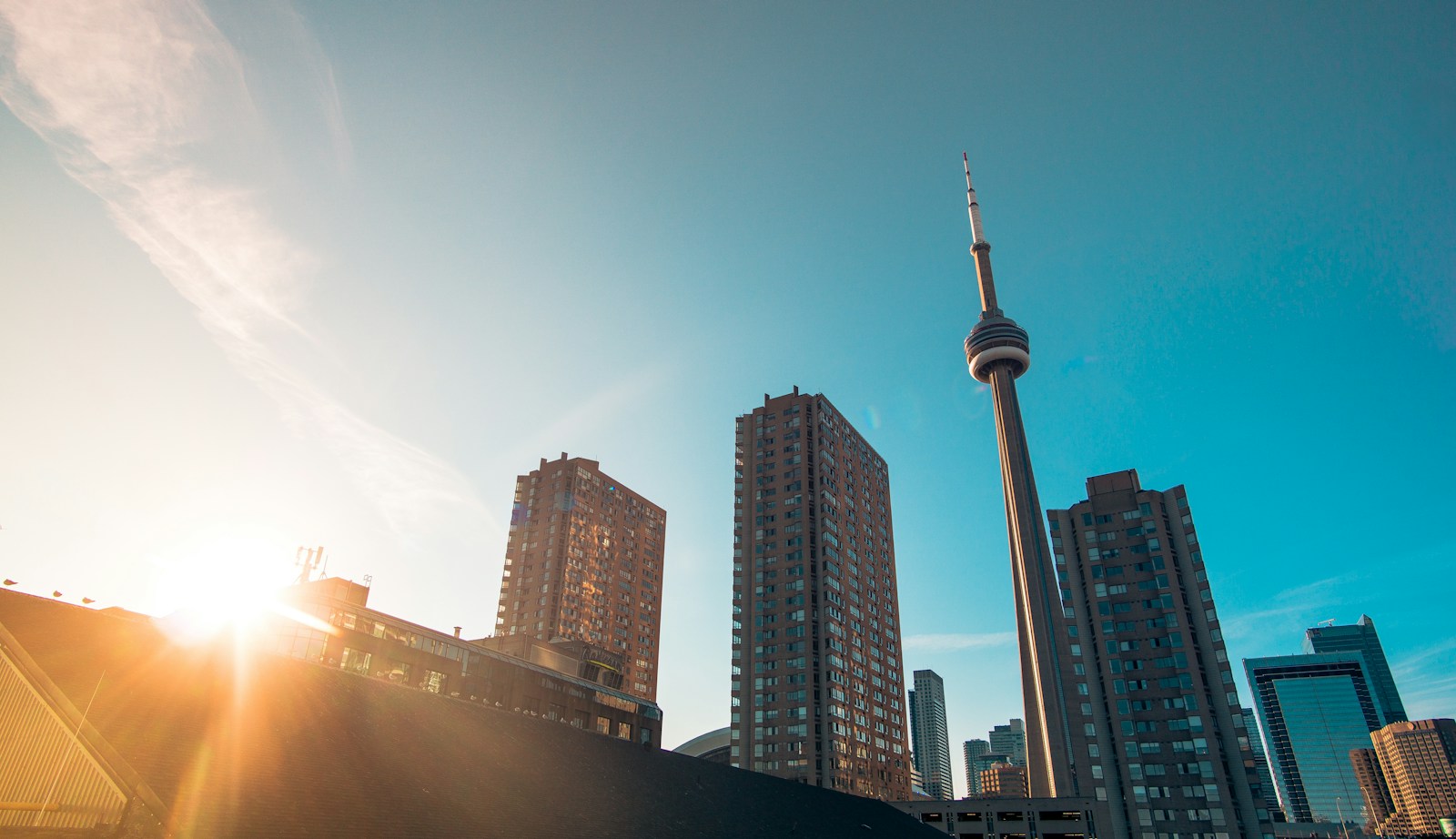
As travelers, it’s essential to have an understanding of the safety landscape before stepping foot in a new city. Navigate Toronto’s neighborhoods with confidence, and enjoy your travel experience to its fullest.
Dangerous Neighborhoods to Avoid in Toronto
Though generally safe, like any city, Toronto does have its share of high-crime areas. While the crime rate may seem alarming in these districts, your chances of witnessing a major crime are relatively low if you follow common safety practices, keep an eye on your belongings, and avoid deserted areas after dark.
- Jane and Finch
- Lawrence Heights
- Moss Park
These neighborhoods, however, have seen higher instances of crime compared to the rest of Toronto. In 2020, the Toronto Police Service recorded incidents in these neighborhoods.
| Neighborhood | Number of Incidents |
|---|---|
| Jane and Finch | 2500 |
| Lawrence Heights | 2000 |
| Moss Park | 3000 |
It’s essential not to let these numbers deter you from experiencing the multitude of attractions and experiences Toronto has to offer. Simply be mindful of your surroundings, stay in groups when possible, and take heed of local advice.
Safest Places in Toronto to Visit
Despite possible pitfalls, there are plenty of safe places to explore in Toronto, creating a haven of exciting experiences for tourists. These neighborhoods are safe as houses and brimming with Toronto’s rich culture and vivacity.
- The Distillery District
- The Beaches
- High Park
These areas also happen to be some of the most prized, offering vibrant local life, unique eateries, bustling markets, and impressive cultural institutions you’ll be eager to explore.
The safest neighborhoods recorded by the Toronto Police Service in 2020 were:
| Neighborhood | Number of Incidents |
|---|---|
| Distillery District | 200 |
| The Beaches | 150 |
| High Park | 250 |
Emergency Services and Support in Toronto
As you explore the city, it’s essential to arm yourself with knowledge about Toronto’s robust emergency services and supportive infrastructure. It’s reassuring to know that Toronto has a reliable network of medical facilities, immediate police response, and several emergency contact numbers for various situations. In the unlikely event that you require consular assistance, know that help is not far away.
Healthcare Facilities in Toronto
Toronto takes great pride in its world-class healthcare system. You’ll find that there’s a strong network of public, private, and university-affiliated hospitals scattered throughout the city. Renowned medical centers such as Toronto General Hospital, Mount Sinai Hospital, and SickKids are equipped with cutting-edge technology and staffed by seasoned medical professionals. It’s comforting to know that quick medical response times and quality healthcare are among Toronto’s top priorities, providing an added layer of safety for visitors.
Availability of Police and Medical Services
The city is well served by the Toronto Police Service (TPS), maintaining law and order while ensuring that Toronto remains one of the safest cities in North America. The TPS has well-distributed stations for optimal coverage across the city, ensuring swift response times during emergencies. Additionally, the Toronto Emergency Medical Services provides comprehensive pre-hospital care and transportation to a medical facility, if necessary.
List of Emergency Phone Numbers in Toronto
It is important to have emergency numbers on hand while traveling, and Toronto is no exception. The primary emergency services in Toronto are accessible through the following contact numbers:
| Service | Contact Number |
|---|---|
| Medical, Fire, or Police Emergency | 911 |
| Non-Emergency Medical Advice | Telehealth Ontario at 1-866-797-0000 |
| Poison Control | 1-800-268-9017 |
| Toronto Police (Non-Emergency) | 416-808-2222 |
Remember these numbers or save them in your phone for quick access.
How to Access Consular Assistance
If you run into serious legal trouble, lose your passport, or encounter any major issues while in Toronto, consular assistance is available to you. Most countries have a consulate in Toronto or an embassy in Ottawa. Non-Canadian citizens should know the location and contact number of their country’s consulate. It’s also a good idea to familiarize yourself with the services they provide before traveling.
Safety Tips for Nightlife
Toronto has a vibrant nightlife, it’s brimming with a variety of pubs, clubs, and entertainment venues. When exploring the city after dark, there are a few safety precautions you should keep in mind to ensure your night out is as enjoyable as possible again without compromising your safety.
Firstly, it’s important to have a clear plan. Know where you’re going and how you’re getting there. Make use of Toronto’s reliable public transportation system which includes buses, trams, and subways. For late nights, consider using registered taxis or verified ride-sharing apps like Uber or Lyft. Remember, it’s safer to spend a few extra dollars on reliable transportation than risk your safety.
Another effective precaution is sticking with a group. There’s safety in numbers, particularly in crowded clubs or on busy streets. Keeping track of your friends aids in ensuring nobody is left alone or strays into potentially risky situations.
Further, always keep your personal belongings in sight. Be wary of pickpockets who might be exploring the crowd. It’s easy to let your guard down when enjoying the nightlife, but be sure to keep a close eye on your phone, wallet, and other personal items.
Trust your instincts when it comes to interacting with strangers. Friendly conversation is one thing, but if something feels off, it’s okay to remove yourself from the situation.
Lastly, don’t neglect your alcohol intake. It’s easy to get caught up in the excitement and drink more than intended. Keep track of how much you’re drinking and make sure to fit in a glass of water between drinks. Never leave your drink unattended and accept drinks only if you see it being prepared or opened in front of you.
In terms of emergency scenarios, it’s helpful to keep a few important phone numbers saved in your phone. Toronto Police non-emergency can be reached at 416-808-2222, while any immediate threats or emergencies can be reported to 911.
Following these simple and sensible tips can make your Toronto nightlife experience memorable and safe. Keep aware, take precautions, and most certainly, enjoy everything this amazing city has to offer.
Safety Tips for Public Transportation
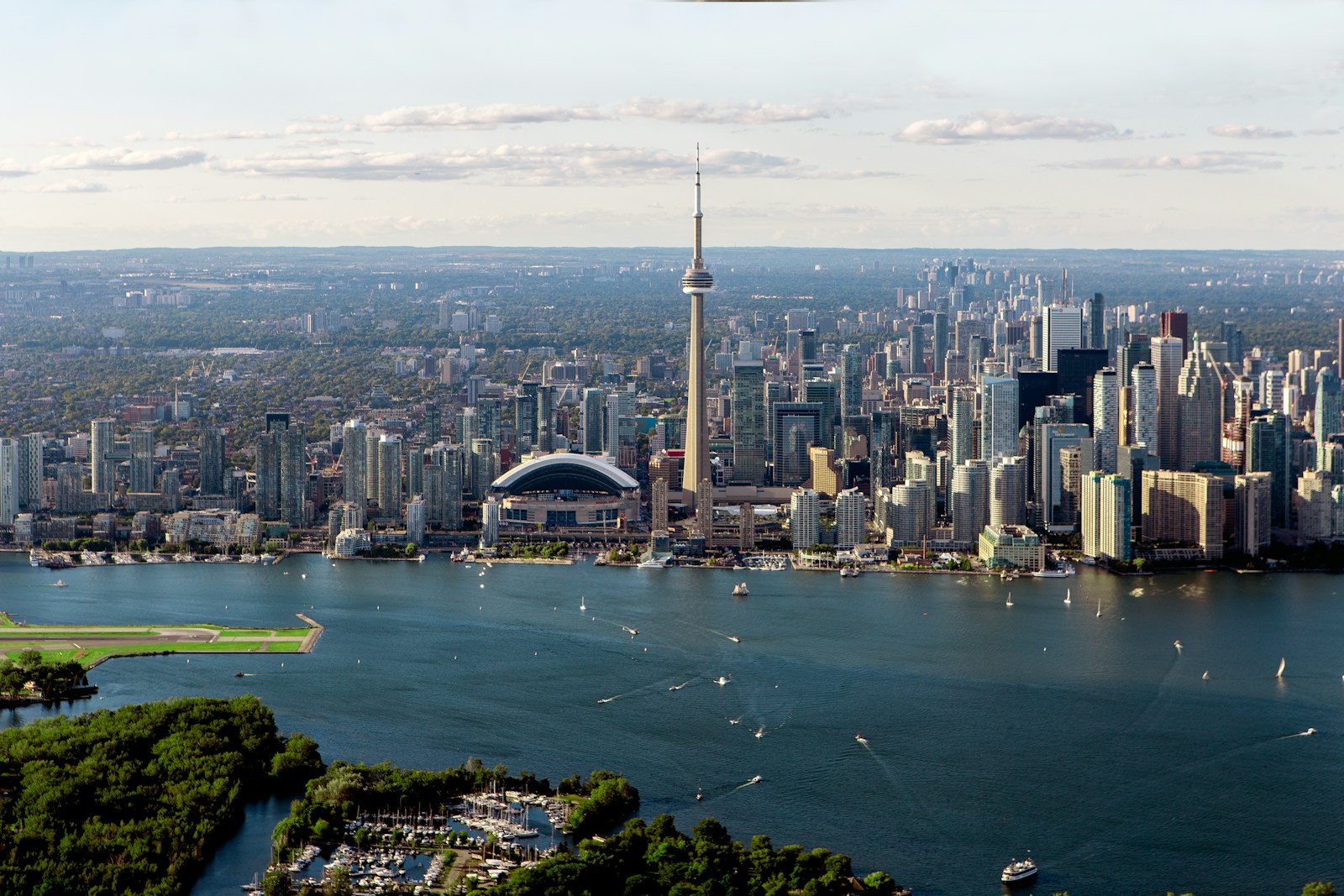
Navigating any city is easier when you’ve got a handle on its public transportation system. Toronto’s integrated transport network is reliable and efficient, offering you different modes of transport including buses, streetcars, and subway lines. But, like every transit network, it’s important to be vigilant and know a few safety tips.
Being attentive is key. Even though Toronto is generally safe, you shouldn’t get too lost in your surroundings whilst on public transport. Keep an eye on your belongings and stay aware of the people around you. Don’t display valuable items like jewelry, expensive phones, or large amounts of cash. Vigilance is your first line of defense against pickpockets and opportunistic thieves.
Ensure you know your route before you travel. Toronto’s public transport is vast and, if you’re not familiar, it’s easy to take the wrong line or miss your stop. Use reliable apps, like the official Toronto Transit Commission (TTC) website or Google Maps, to plan your journey. This way, you’ll reduce your chances of getting lost or ending up in an area of the city you’re unfamiliar with.
At night, try to stick to well-lit, busy stops and stations. If you arrive at your stop late in the night and the location is deserted, it might be safer to stay on the bus or train until you reach a busier spot. Don’t hesitate to alert the driver or other passengers if you feel uncomfortable or unsafe.
When you’re on board, take note of emergency procedures. The TTC puts much effort into ensuring your safety, so be sure to familiarize yourself with the info it provides. Emergency procedures, exits, and call buttons – learn their locations so you can react quickly if needed.
Also, don’t forget to respect the rules of the transit system. Most times, keeping within these guidelines helps ensure your safety and the safety of your fellow commuters. Here’s a simple rundown of TTC’s etiquette rules:
- Stand behind the yellow line whilst waiting at platforms.
- Leave priority seating for those who need it.
- Don’t block doors or aisles.
- Limit your belongings to what you can carry.
- Don’t eat or drink on board.
Remember, nothing beats respecting local norms and rules wherever you go. Following these safety guidelines will not only give you a smoother commuting experience in Toronto but also peace of mind during your travels.
Local Traditions to Stay Safe
When visiting a new city, it’s always a good idea to familiarize yourself with the local customs and traditions. Abiding by these cultural norms can make your travels significantly smoother and safer. Toronto, blessed with a multicultural community, is no different. Here, we’ll go through some local customs and traditions you should keep in mind when exploring Toronto.
In Toronto, it’s deemed respectful to say “sorry”, even in situations where you’re not directly at fault. It might seem odd at first, but it’s a part of the friendly and polite behavior that Canadians are famous for. Learning this simple act of courtesy can go a long way toward ensuring positive interactions with locals.
Additionally, queueing is taken seriously in Toronto. It’s common to see people standing in line at bus stands, ATMs, and even in cafes. Cutting in line is considered rude and may result in negative reactions from the locals. So, respecting the queue is another way to stay safe and avoid unwelcome confrontations.
Canadians generally have a strong respect for authority, and this is reflected in their compliance with the law. Be it traffic rules or public hygiene norms, locals adhere to them diligently. Therefore, when you’re in Toronto, ensure that you obey the law in both its spirit and letter to avoid unnecessary complications. Breaking laws could not only attract penalties but could also lead to your safety being compromised.
On your nights out exploring the vibrant nightlife of Toronto, be mindful of the local drinking etiquette. Although Canadians are known for their friendly and social drinking culture, certain rules are expected to be followed. Don’t forget the legal drinking age in Toronto is 19, and it’s illegal to drink in public places, except for licensed areas. Respecting these rules will allow for a safer, more enjoyable night out.
Lastly, in Toronto, the concept of personal space is highly valued. It’s important not to get too close to someone unless you know them well. Maintain a comfortable distance while speaking with locals to respect their boundaries.
As an overarching tradition, Toronto prides itself on its accepting values, where multiculturalism and diversity are both respected and celebrated. Ensuring respect for everyone, regardless of their nationality, ethnicity, gender, or sexual orientation, will ensure your exploration of Toronto is safe and enjoyable.
Tourist Scams and How to Avoid Them
Let’s talk about scams that are typically aimed at unsuspecting tourists. Like any other city popular for tourism, Toronto has its share of scam artists lurking around tourist hotspots. However, it’s always important to remember that the majority of people are kind and will help you if they can.
A common unsolicited offer scam is ‘drop and swap’. It involves someone picking up an item you’ve dropped, but when they give it back to you, it’s a cheaper knockoff. You can avoid this scam by being aware of your belongings and not letting anyone distract you.
Ticket scam is another one to look out for. Scammers sell fake tickets to popular tourist attractions or events. Always purchase tickets directly from the official source or authorized dealers.
‘Overcharged taxi’ is a scam where taxi drivers take a long route to overcharge tourists on their cab fare. To steer clear of this, always use reliable ride-sharing services or taxis from approved ranks.
Some scammers may also perform ‘Card skimming’. They will set up devices that are capable of capturing the information from your card’s magnetic strip without your knowledge. This usually happens in ATMs, restaurants, or other places where your card is out of your sight during transactions. It’s always better to use ATMs that are in banks or monitored locations.
Let’s talk about phishing scams. You may receive an email or a text message that seems to be from your bank or a company you’re familiar with. They’ll ask for personal data such as passwords, credit card numbers, or social security numbers. Never provide these details to anyone without verifying their identity first.
A bit of prudence can help you keep your hard-earned money safe:
- Stay vigilant. Be aware of your surroundings, your belongings, and your interactions.
- Buy from official sources. This applies to tickets, merchandise, or any other purchase.
- Use licensed transport services. Avoid overcharges or wrong routes.
- Protect your personal data. Keep your card in sight during transactions or use secure ATMs.
Preparing for a Safe Trip to Toronto
Toronto receives millions of visitors each year, making preparations crucial to ensuring a safe trip. Keep reading for an optimal Toronto travel preparation guide.
Traveling Checklist for Toronto
Compiling a checklist for your trip is essential to keep things in order. Here’s what you shouldn’t forget:
- Official documents: Keep a copy of your passport, visa, insurance, and other important papers. It’s also handy to have their digital versions.
- Money: Bring Canadian dollars for easy transactions but also maintain a backup option like credit cards.
- Phone and Internet: Ensure your phone will work. Consider purchasing a local SIM card or picking a global roaming plan. Free Wi-Fi hotspots are handy but remember, public Wi-Fi can be risky. Reconsider before inputting your information.
- Emergency Contacts: Save contact information for your country’s consulate in Toronto, and the local emergency number – which is 911.
Weather and Travel Advisories in Toronto
Be mindful of the weather and any possible travel advisories:
- Toronto’s Weather: Winters can be freezing, with snowfall common from November until early April. Summers are comfortably warm – perfect for outdoor activities. So, pack according to the season.
- Travel Advisories: Stay abreast with any travel advisories or updates from your local consulate or embassy in Toronto.
Safety Tips for Solo Travellers
For those traveling alone, taking additional precautionary measures is prudent:
- Stay in well-lit, populated areas, especially after dark.
- Avoid unnecessary attention by dressing modestly.
- Be alert and maintain situational awareness – always.
- Don’t show off valuables in public, it invites potential thieves.
- Adopt an attitude of confidence, even if you’re lost or confused.
Conclusion: Is Toronto Safe to Travel in 2024?
So, is Toronto safe to visit? Absolutely. Yes, there are areas with higher crime rates, but they’re the exception, not the rule. You’ll find that Toronto is generally a secure city to explore. It’s all about being smart, staying aware, and following basic safety practices.
Toronto’s emergency services and supportive infrastructure are reliable and ready to assist if needed. The city’s vibrant nightlife and public transportation system are safe to enjoy, provided you’re vigilant.
Tourist scams do exist, but they’re avoidable. Be wary of drop-and-swap scams, ticket scams, overcharged taxi scams, card skimming scams, and phishing scams. Buy from official sources, use licensed transport services, and protect your personal data.
Prepare well for your trip. Pack essential items, stay updated on the weather and travel advisories, and follow safety tips if you’re a solo traveler. Remember, vigilance is your best defense. Enjoy Toronto responsibly and you’re in for a great experience.
What are some safer areas in Toronto for travelers?
Areas such as The Annex, Yorkville, and Distillery District are known for their safety. However, it’s always best to be alert and vigilant, regardless of the neighborhood.
Are there dangerous neighborhoods in Toronto that travelers should avoid?
Yes, while Toronto is generally safe, certain areas have higher crime rates. These areas are typically not frequented by tourists and are mentioned in the article for awareness.
What are some safety practices recommended while visiting Toronto?
Using common sense, staying alert and aware of your surroundings can greatly increase your safety. The article also advises using licensed transport services and buying from official sources for a safer trip.
What scams might tourists encounter in Toronto?
Tourists might come across various scams such as drop and swap scams, ticket scams, overcharged taxi scams, card skimming scams, and phishing scams. Always be cautious and aware.
What is suggested for travel preparation for a trip to Toronto?
Refer to the travel preparation guide in the article. It includes a checklist of essential items, information on Toronto’s weather, travel advisories, and safety tips for solo travelers.
What are some safety tips for enjoying Toronto’s nightlife?
The article suggests staying in public and well-lit areas, avoiding carrying large sums of money, and observing the same precautions you would in your city.
How can I protect myself against phishing scams in Toronto?
To protect against phishing scams, never disclose personal data unless necessary, especially to unofficial sources. Be cautious of overly aggressive or suspicious phone calls or emails.


